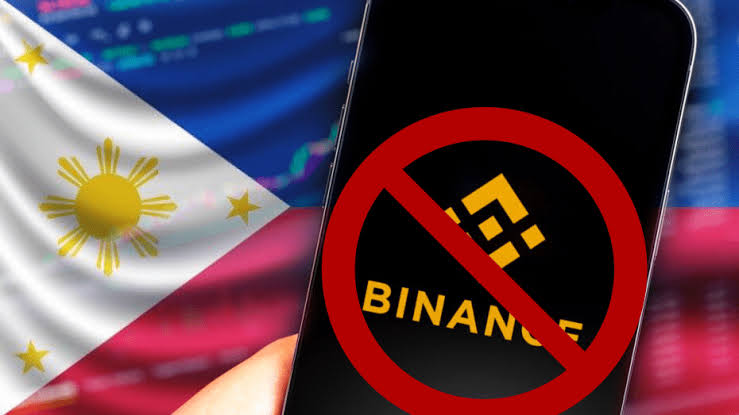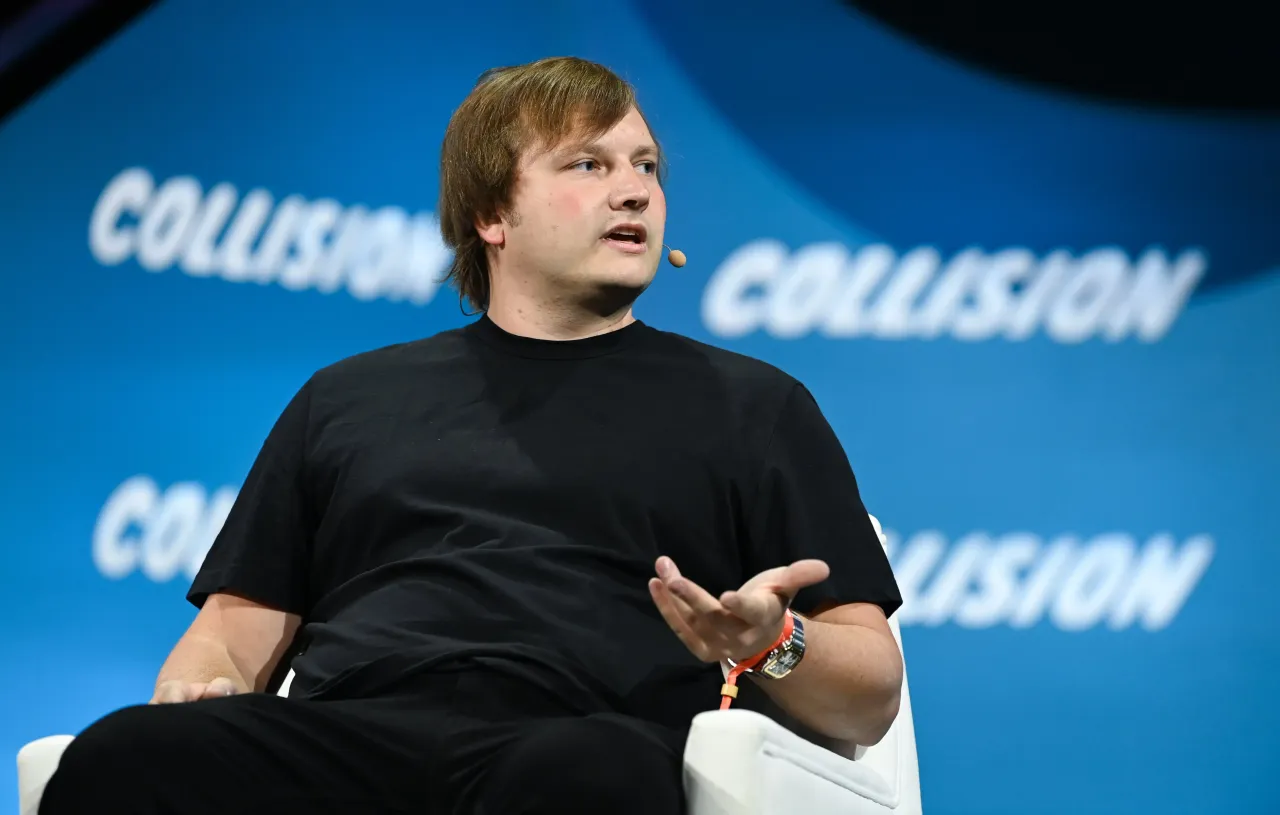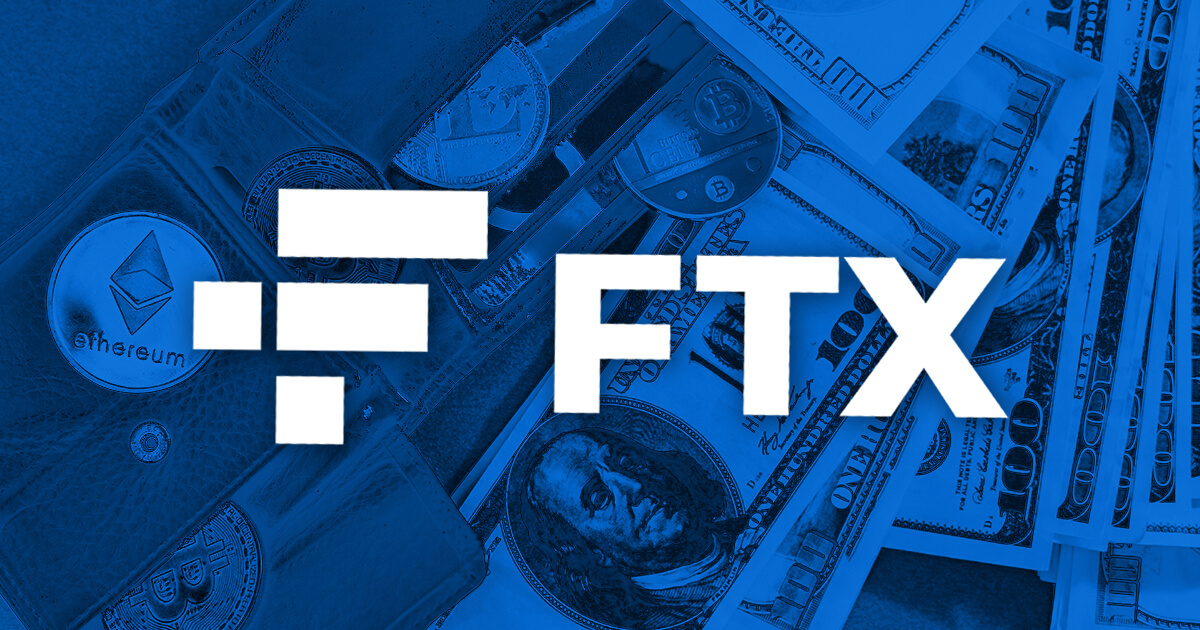The fate of the FTX CEO prison sentence will again be under scrutiny this November as Sam Bankman-Fried, the founder of the collapsed crypto exchange, prepares for his next court date. According to a notice from the U.S. Court of Appeals for the Second Circuit, oral arguments are scheduled for Nov. 4, 2025.
Bankman-Fried, once one of the industry’s most influential figures, was sentenced in March 2024 to 25 years in prison on seven felony counts tied to FTX’s $8 billion implosion. His legal team has maintained that the trial was fundamentally flawed, claiming the former executive was “never presumed innocent” and that prosecutors promoted a misleading narrative of permanently lost customer funds.
“This appeal is not just about one man, but about how fairly the justice system handles financial innovation gone wrong,” — Mark Kasten, partner at Buchanan Ingersoll & Rooney, told Bloomberg Law.
A defense built on procedural challenges
Speculation is mounting over what defense strategy could help overturn or reduce the FTX CEO prison sentence. In recent months, Bankman-Fried has hinted at shifting his focus from criminal intent toward procedural misconduct.
In a pinned post on X, the former executive alleged that FTX’s Chapter 11 bankruptcy process was manipulated by external legal advisors, particularly Sullivan & Cromwell and court-appointed CEO John Ray III. According to Bankman-Fried, those advisers prioritized legal fees and control over maximizing customer recoveries.
Legal analysts suggest this line of defense may aim to recast his role as mismanaged rather than malicious.
“If his lawyers can show that the bankruptcy process was compromised, it might resonate with appellate judges,” — Kristin Johnson, Commissioner at the U.S. Commodity Futures Trading Commission, said during a panel discussion in Washington.
Still, overturning the conviction remains an uphill battle, especially given the damaging testimonies of former executives Caroline Ellison and Gary Wang, who directly tied Bankman-Fried to fraud.
Political rumors and pardon speculation
Alongside his legal strategy, Bankman-Fried continues to capture political attention. Earlier this year, he appeared in an interview with Tucker Carlson, hinting at newfound sympathy for Republican policies. The move sparked rumors that he could seek a pardon from Donald Trump, should the former president return to office.
While no formal clemency request has been filed, the prospect of a political lifeline adds another dimension to the FTX CEO prison sentence saga. Trump previously granted a high-profile pardon to Ross Ulbricht, founder of Silk Road, fueling speculation that Bankman-Fried might attempt a similar appeal to political favor.
Customer payouts continue amid uncertainty
The FTX collapse was one of the largest bankruptcies in crypto history, leaving millions of customers in limbo. So far, administrators have returned over $6.5 billion to creditors, with another $1.9 billion expected by September. Yet, roughly $1.4 billion in claims remain unsettled due to compliance hurdles around KYC, jurisdiction, and sanctions.
For many investors, the resolution of the bankruptcy will be just as critical as the appeal of the FTX CEO prison sentence
“Creditors need closure. Whether SBF walks free or not, the bigger question is how much money customers ultimately recover,” — Jason Brett, former regulator at the FDIC, said in an interview with CNBC.
What’s at stake for crypto investors
The Nov. 4 hearing will determine whether Bankman-Fried can secure a retrial, a reduced sentence, or if the original FTX CEO prison sentence will stand. Whatever the outcome, the case is likely to set a precedent for how courts treat misconduct in the fast-moving crypto industry.
For crypto investors, the implications stretch far beyond FTX. The ruling could shape how corporate executives are held accountable in future collapses, influence how venture capital approaches risk, and even impact U.S. regulatory attitudes toward digital assets.
As the date approaches, both Wall Street and crypto markets will be watching closely. The appeal of the FTX CEO prison sentence has become not only a legal showdown but also a test of confidence in how the justice system manages failures in an industry still fighting for mainstream legitimacy.











